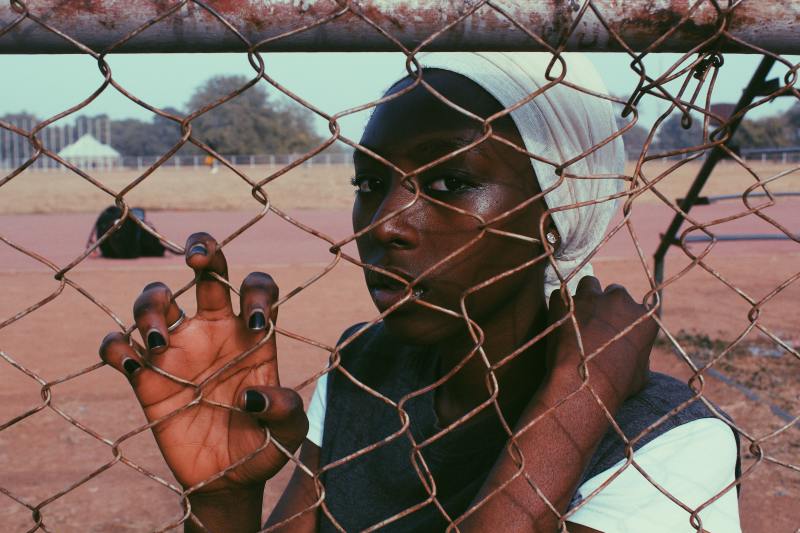
A recent archaeological dig at a former site of a historic Black church in Virginia yielded several artifacts, which included human bones that experts believe belonged to enslaved Christians who once worshipped there.
According to a Christianity Today report, dig leader Jack Gary of the Colonial Williamsburg Foundation said that they found human remains along with old coins, shards of bottles, and parts of a child's toy.
Gary, the foundation's archaeological director, told the news outlet that they discovered the artifacts when they dug the brick foundations of the church.
According to the same report, the demolished building was historically linked to Black worshippers, including enslaved Christians.
'Glimpse Into Full Humanity'
The foundation's team of archaeologists excavated on Monday some 40-plus graves within the church's original location.
The article revealed that the site of the former Black church was once under a museum parking lot.
Gary expressed the find's effect on him, saying it was an eye-opener.
"It doesn't hit you until you see a bone you recognize: That's a piece of the person," he said.
Gary added that laying his hands on the remains was like "touching another human."
The report noted that the once-buried remains that belonged to the Black Christians provide people with a view into their 'full humanity.'
Historically Black Congregation
A similar report by The Washington Post bared that the dig site once served as the original First Baptist Church's burial ground.
The article said the church was among the country's oldest-known Black churches, amplifying the find's significance.
First Baptist Church continuously served Black Christians in Williamsburg for over a century before getting demolished in place of a parking lot.
The same report revealed that the foundation's excavations started in 2020, fueled by accounts of a single grave that circulates within the local community.
Gary and his fellow archaeologists have discovered 41 graves as of date, with the possibility of several more graves left undiscovered, the report added.
An Enslaved Man's Doing
The Christianity Today article said that First Baptist Church was planted back in 1776 by Gowan Pamphlet.
It was just around the time of the signing of the Declaration of Independence, which occurred on July 4 of the same year.
Pamphlet was reportedly an enslaved man who was lucky enough to receive a 'special allowance' by his owner, which allowed him to be ordained.
The article revealed that efforts to recover what was possibly buried under the church's foundations began in 2019.
Connie Matthews Earnshaw led the movement that eventually led to the archaeological dig. The report noted that she was a direct descendant of one of the church's original worshippers.
A Journey Of Black Peoples' Rediscovery
Current First Baptist Church pastor Reginald Davis said that the ongoing excavations serve as a way to 'rediscover the humanity' of the Black Christians that once sought spiritual refuge within the church's hallowed walls.
Davis also commented that by doing so, they hope to eradicate Americans' long-standing forgetfulness of the social and historical relevance of Black people, including Black Christians.
"Who knows what stories these people had... For most of them, this will be all we know," Davis said.
Ways Forward
Gary told Christianity Today about their plans relevant to the foundation's archaeological project.
Gary said they would collect DNA samples and send them to the University of Connecticut for analysis.
He added that they plan to document the burials through hand drawings, photographs, and 3D renderings.
Gary also revealed that their team intends to pack, ship, and examine the human remains to understand better how the Black Christians lived during slavery.
Related Article: Archaeologists Discover Christian Relics In Mosul Church Destroyed By Islamic State Forces


















